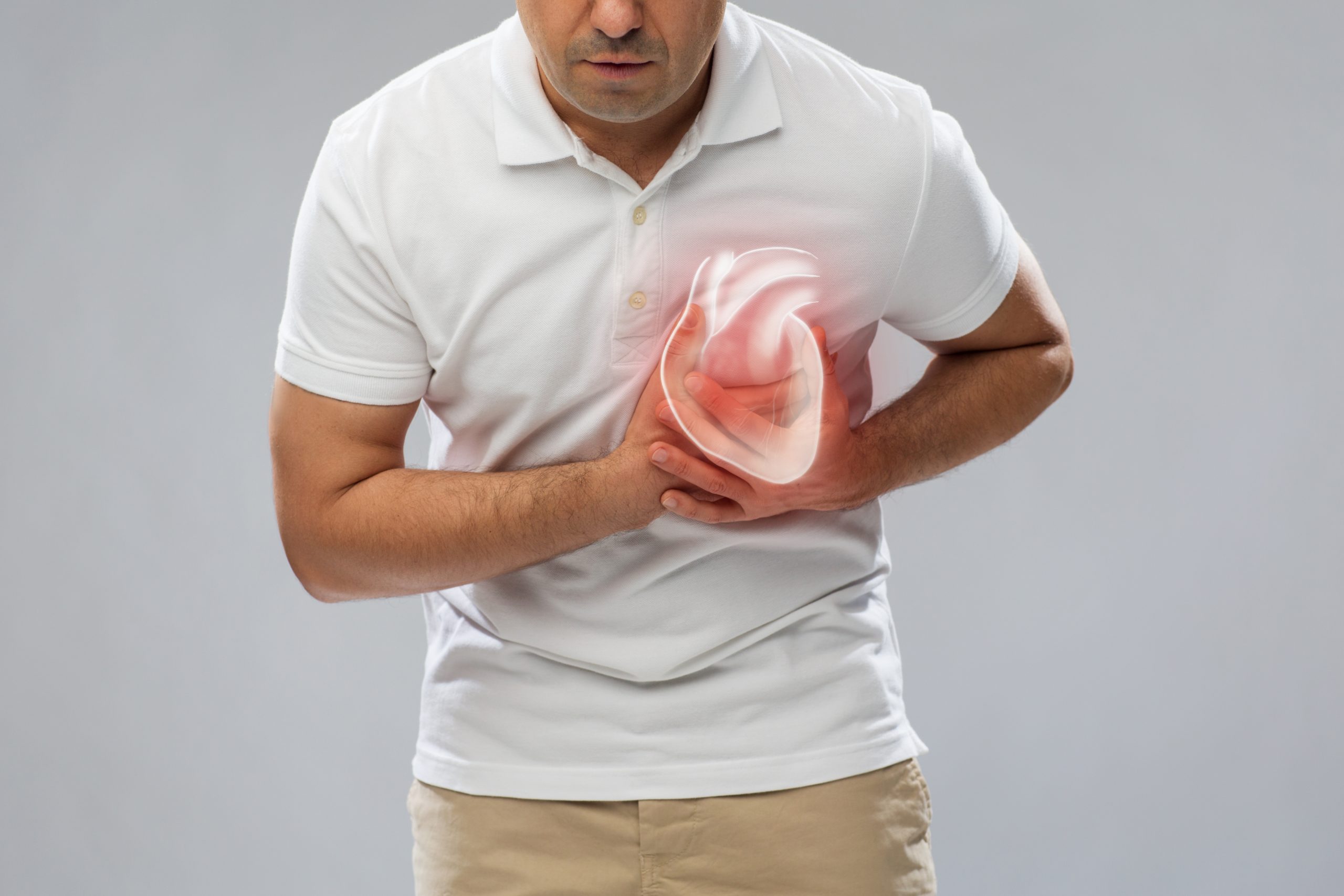Apr 15, 2025

What Is Myocardial Ischemia?
Myocardial ischemia occurs when the coronary arteries become blocked, reducing blood flow to the heart muscle. This impairs heart function and may lead to myocardial infarction (heart attack).
Symptoms of Myocardial Ischemia
Chest pain or tightness, especially during exertion. Pain is often deep and central/left-sided, potentially radiating to the shoulder, neck, jaw, or left arm. Symptoms may improve with rest.
Shortness of breath.
Excessive sweating.
Palpitations or irregular heartbeat.
Dizziness or fainting.
Nausea or vomiting.
Who Is at Risk?
Risk factors include:
Men over 45 and women over 55.
Diabetes.
High cholesterol.
Hypertension (high blood pressure).
Abdominal obesity.
Sedentary lifestyle.
Smoking.
Chronic stress.
Family history of heart disease.
Diagnostic Methods
Medical History & Physical Exam: Detailed assessment of symptoms and risk factors.
Blood Tests:
Cardiac enzymes (troponin, CK-MB) to detect heart muscle damage.
Blood sugar and lipid profiles to assess diabetes and cholesterol levels.
Electrocardiogram (ECG): At rest and during an Exercise Stress Test.
Echocardiography: Evaluates heart size, structure, valve function, and blood flow.
Coronary Angiography: Injects contrast dye via catheter to visualize artery blockages.
Cardiac MRI: Assesses heart structure, muscle health, and blood vessel function.
Why Early Diagnosis Matters
Untreated myocardial ischemia can lead to severe complications, including sudden cardiac death. If you experience symptoms or have risk factors, seek immediate medical attention.
